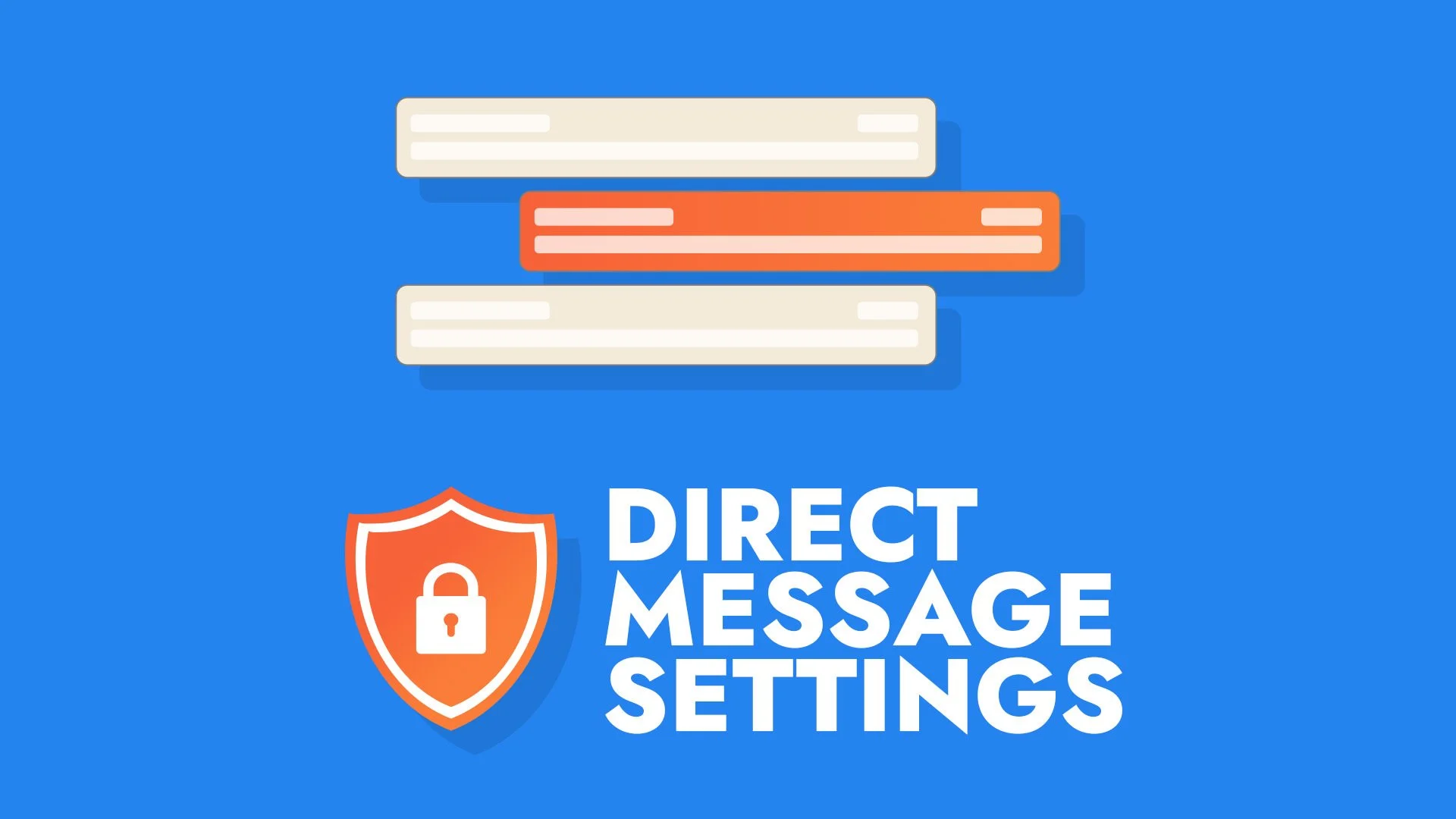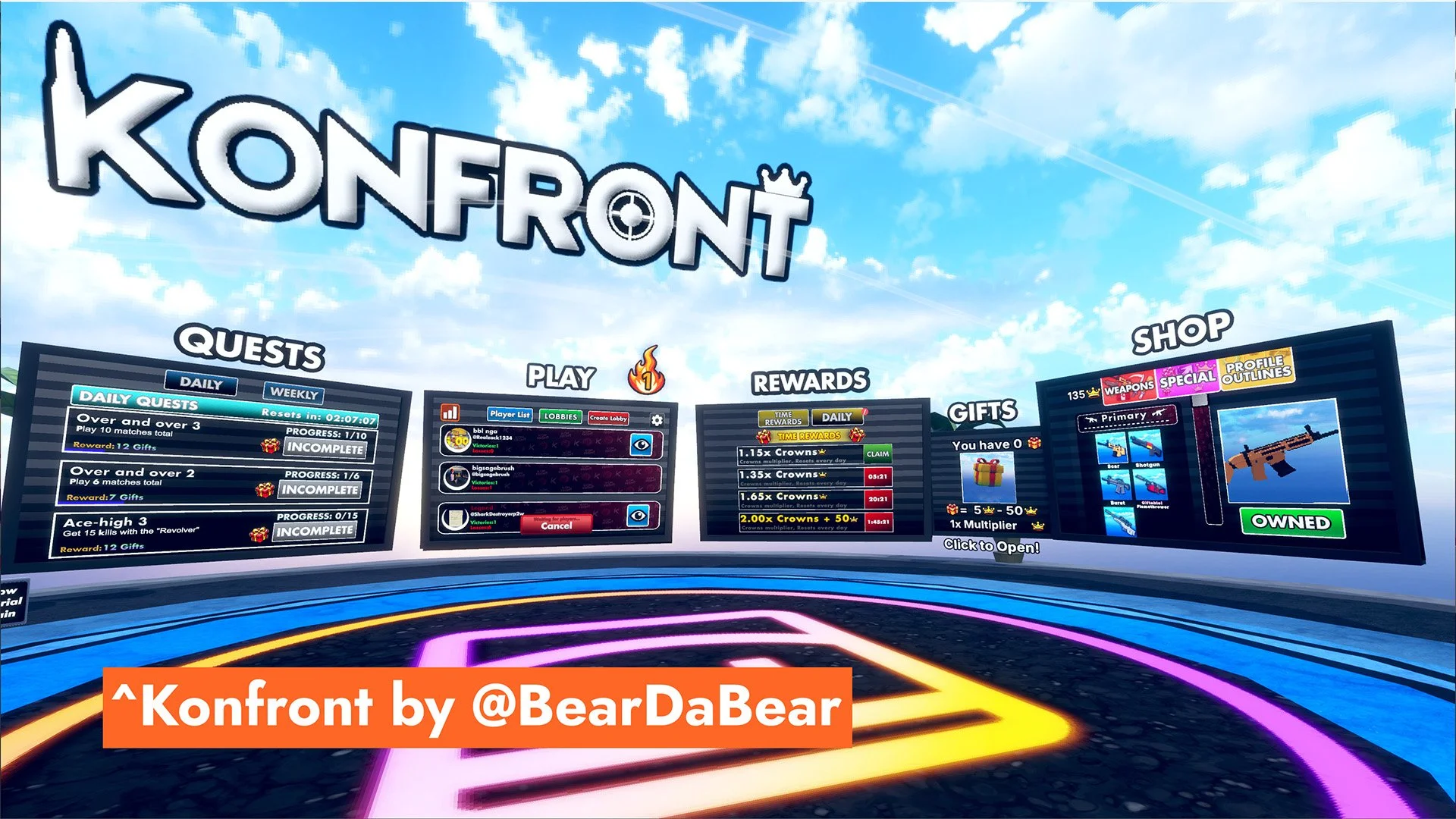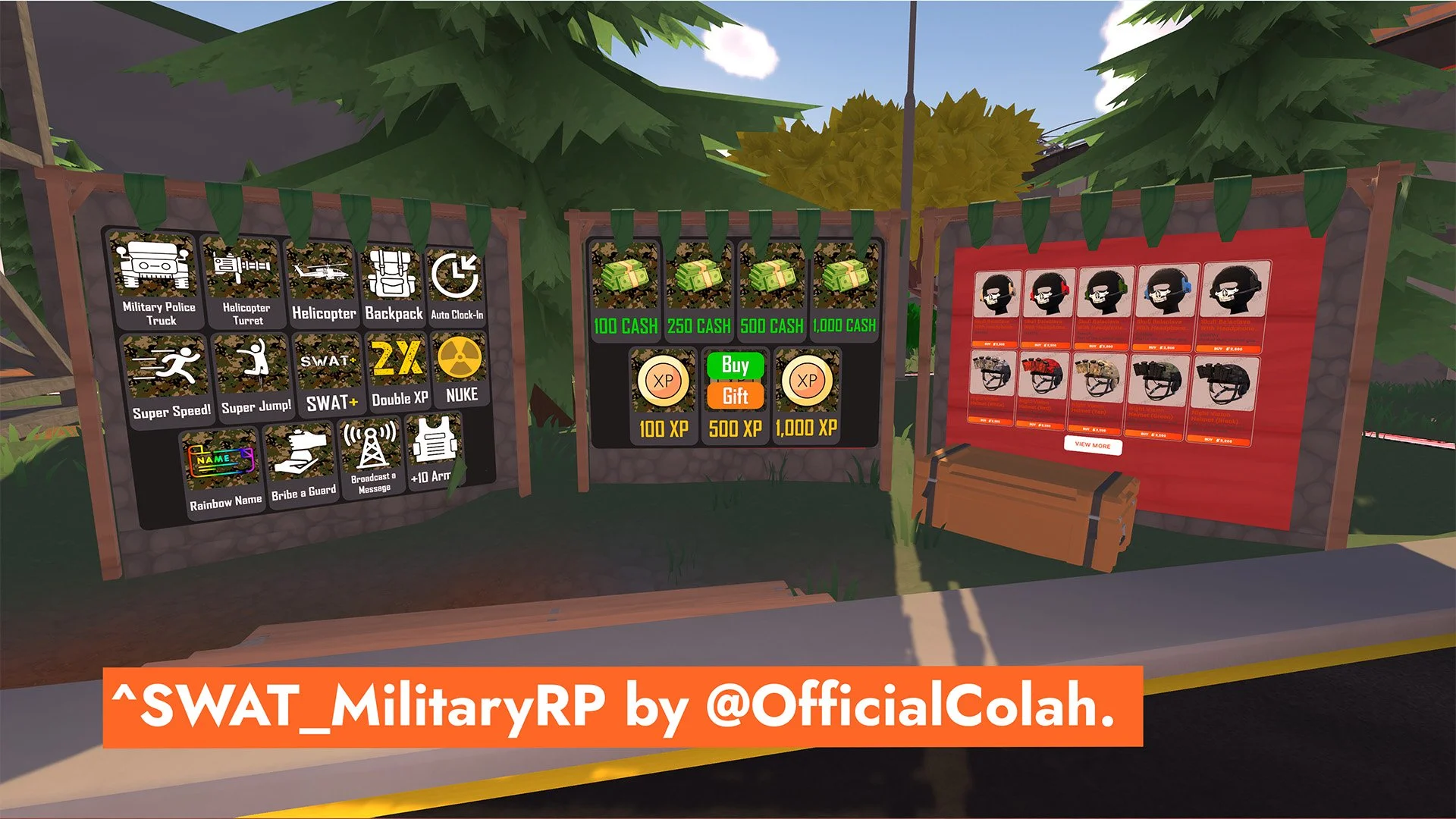We have a huge milestone to celebrate: for the first time, Rec Room creators have earned over $1,000,000 in a single quarter!
When we launched the program in early 2021, our first big goal was for creators to make $1M over an entire year. It took the whole twelve months and we just hit it as the year drew to a close. Now we’re seeing that same level of creator earnings in just three months!
We’re really excited by the progress our top creators are making - so we wanted to share a few more details about Creator Earnings and how top creators are building engaging rooms that monetize well.
Creator Earnings by the Numbers
To date:
17 creators have earned more than $100,000 lifetime
A handful of these creators have made more than $200,000 - and a couple have crossed into six figures in this quarter alone!
Over 2,500 creators have been paid out since the program began and nearly 500 creators will get paid in this most recent quarter.
These numbers really show how fast the creator economy in Rec Room is growing, and just how talented all of you are. It’s awesome seeing folks turn their ideas into real projects, and even into sustainable businesses. We’re super excited to keep finding ways to support you, encourage you, and celebrate everything you’re building
How Successful Creators Monetize
How are these top creators making this much money? Sure, they're creating engaging rooms and stylish avatar items - but they're also utilizing a range of strategies to drive purchases. We’ve seen a few key themes emerge across different room types:
Roleplay Rooms Drive Deep Progression
Roleplay rooms have seen great success adding tiers, factions, and leveling systems which keep players invested long-term as they work to level up and unlock rewards. In-Game Currency is a useful element in these rooms that lets players earn and purchase different boosts and perks.
Round-Based Rooms Lean Into Consumables
Many rooms with round-based mechanics (anything from horror rooms to PVPs to Parkour rooms) monetize by selling consumables that change how a round plays out. This keeps the gameplay exciting and offers opportunities for players to impact the game - as well provide an avenue for consistent updates.
Social Rooms Use Social Proof
Hangout rooms thrive when players have different options for expressing themselves and their social connections. These rooms do really well with custom outfits, room-themed merch, and customizable status symbols like nametags relevant to the room that help players make new connections.
Avatar Studio Opens New Revenue Streams
Many of our top earning creators are now making a significant portion of their income by selling avatar items through Avatar Studio. They pay attention to what players want, use tags and outfit sets to improve discovery, and actively promote their merch through their own rooms and external channels like YouTube and Discord. If you want to break into Avatar Studio, start by joining the #avatar-studio-public Discord channel, downloading Blender and the RRAT tools, and showing off your modeling skills. Creators doing great work will be invited to participate as we roll out access further in the future.
Combining Strategies AMPLIFIES Results
Many of these monetization strategies work in combination, leading to rooms with great engagement and great economies. Some of our highest monetizing rooms offer a strong mix of progression mechanics, game-altering consumables, and customizable cosmetics that are all apparent when you load into the room - like ^Konfront.
Monetization Basics: Where To Start
All of our top creators had to start somewhere! If you’re a creator looking to grow your earnings, here are a few simple tactics that are a great place to start.
Create a shop experience:
Place a clear storefront or wall of goods in your first subroom so players immediately see what they can buy. Integrating the storefront into the room’s theme and visuals helps make it more experiential and enjoyable for players - like this shop in ^IgnitedBonnie.
Provide a variety of options & pricepoints
Providing a wide range of items & consumables that let players show off their status or style within the room creates more opportunities for players to express themselves. Experiment with different offers and price points to find a range that works best for your players, like these gun skins in ^BreakingPoint.
Build in a depth of purchase opportunities
This is a really important point. We consistently see that the best monetizing rooms include high-priced items for superfans, and provide a depth of purchasable items and offers to engage returning and long-time players. Many creators launch a room with an initial slate of items & offers, but don’t follow up with more. If players want to keep supporting your game after making an initial purchase - make sure there are ways for them to do so! A really important question to ask as a creator is: “What would a superfan of my room want to buy?” Rooms like ^SWAT_MilitaryRP do a good job of offering purchases for new and long-term players alike.
Make Some Custom Merch:
Unique, room-themed shirts, UGC accessories, and custom nametags are a simple, effective way to monetize while building community identity. Plus, they act as free advertising for your room when players are in other spaces. ^TheBlackCat has many distinctive designs for sale that players love.
Looking Ahead
Crossing $1M in a single quarter is a huge milestone. With thousands of creators building and monetizing in Rec Room, we can’t wait to see what the next wave of success stories will bring. Here’s to the next million and beyond.
















